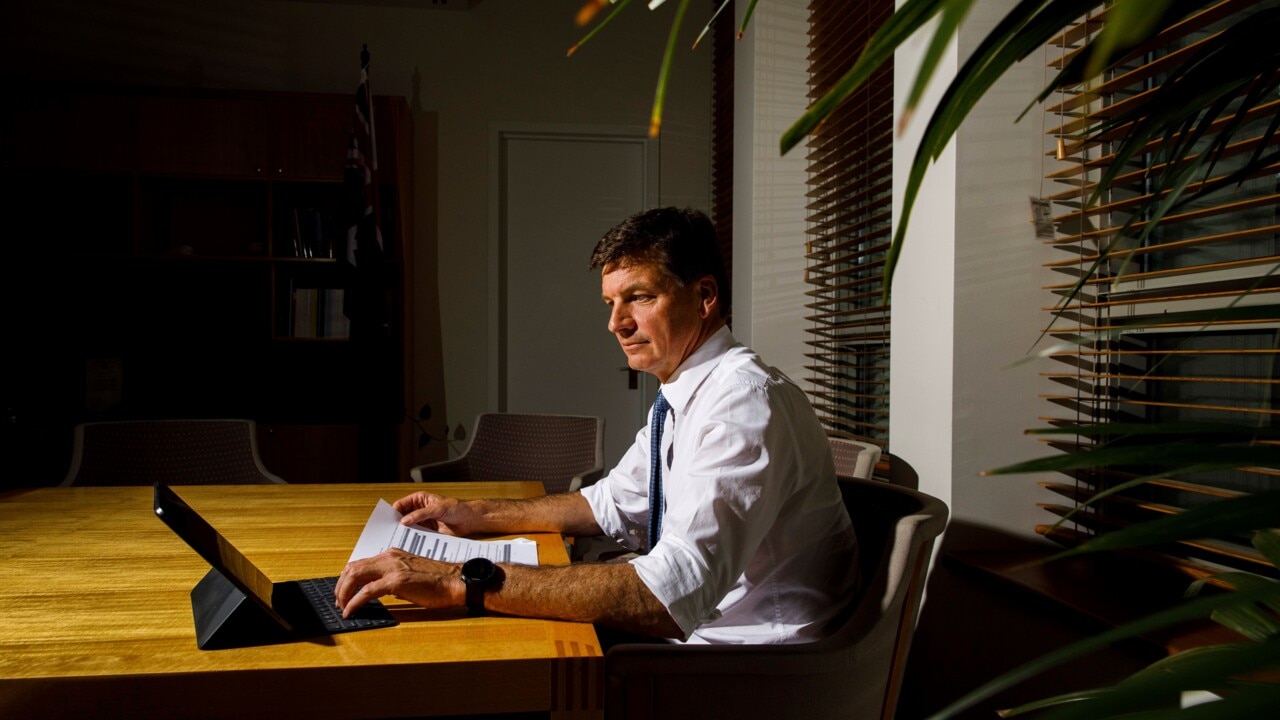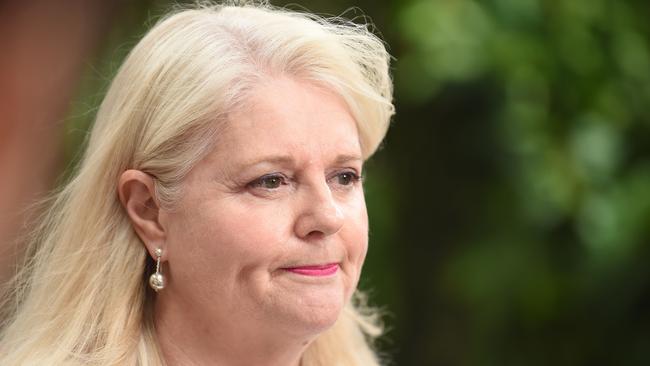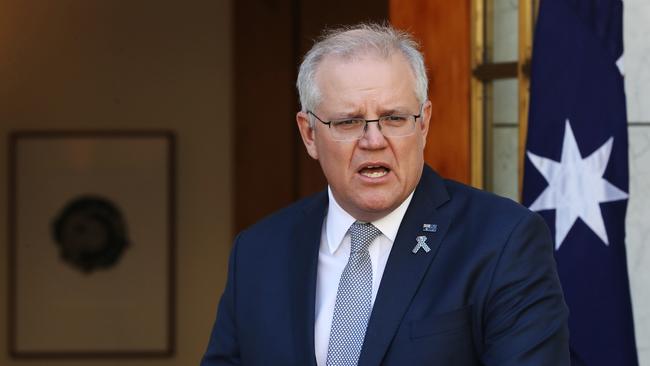300,000 jobs: Oz to become manufacturing super power
A $1.5 billion Federal Government plan promises to turn Australia into a manufacturing super power, creating 300,000 jobs over the coming decade. This is what we’ll be making.

QLD News
Don't miss out on the headlines from QLD News. Followed categories will be added to My News.
Australia would become a manufacturing super power in a $1.5 billion plan to revive the flagging industry and create 300,000 jobs over a decade, targeted at hi-tech specialist industries.
Queensland is shaping up to be the new home for critical minerals processing and turning that into new products like batteries and solar panels, with Industry Minister Karen Andrews declaring the nation has “too long” dug up resources to send overseas for processing, only to buy back the finished product.
There will also be a special initiative set up to find weaknesses in international supply chains and boost up manufacturing in key areas of medicine and food to prevent any critical shortages during a crisis.
Budget 2020: Morrison Government abandons surplus, budget repair strategy
Budget borrowing needs to pay for jobs: Albanese

It will form part of the Coalition's manufacturing strategy to be announced by Prime Minister Scott Morrison in Canberra today, as he frames the budget as “one of the most important since the Second World War”.
More than 300,000 jobs are expected to be created from the scheme, including 80,000 directly in manufacturing and more flowing on from there, which will include a 10-year road map to expand the industry.
As revealed in The Courier-Mail this week, the national manufacturing priorities will be resources technology and critical minerals processing, food and beverage, medical products, defence, space and recycling and clean energy.
Queensland is well-placed for potential expansions and new ventures in resources and critical minerals, as well as in food and beverage due to its agriculture and Wellcamp airport, Ms Andrews said.
The plan’s centrepiece will be a $1.3 billion “modern manufacturing initiative”, which include grants on a co-investment basis for businesses in the priority industries.
It will see the Federal Government invest up to $80 million with manufacturing companies, on a co-investment basis, to build entire new factories and significantly scale up production where there is an identified market for the product and a jobs plan.
“This will be unlike any other grant program we’ve managed. We will be looking absolutely at the outcomes in terms of jobs and scale,” Ms Andrews said.
“This won’t be simply guidelines, tick the box to buy a new pump, this has to be an entire project.”

Road maps for each sector will be developed with industry, while the cash is expected to start flowing from the first half of 2021, with expressions of interest and funding rounds to begin then.
Mr Morisson will throw down the challenge for the $100 billion manufacturing sector to be the “cornerstone” of Australian economic recovery.
“We make things in Australia. We do it well. We need to keep making things in Australia,” he will say according to prepared notes.
“This will require our manufacturing sector to be even more productive and highly-skilled.”

